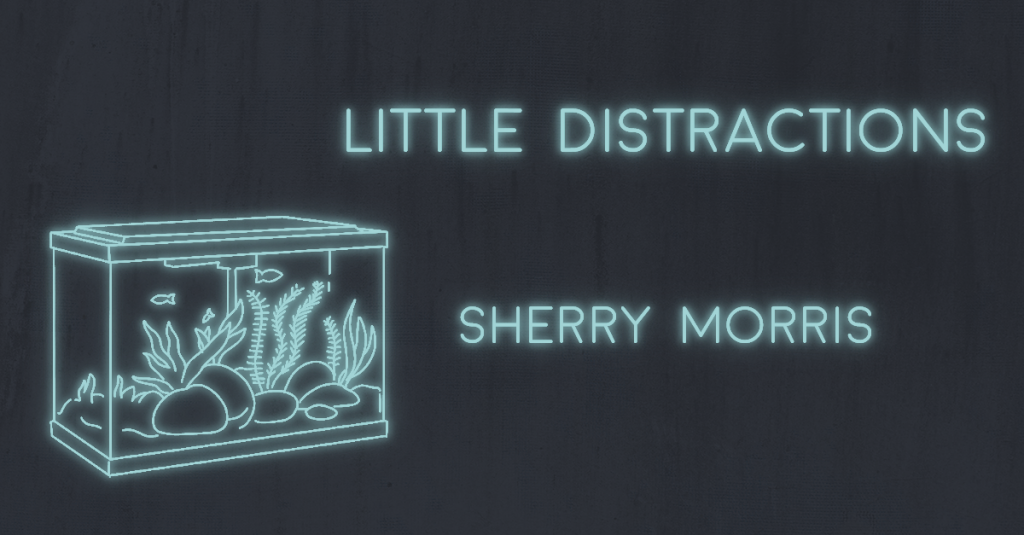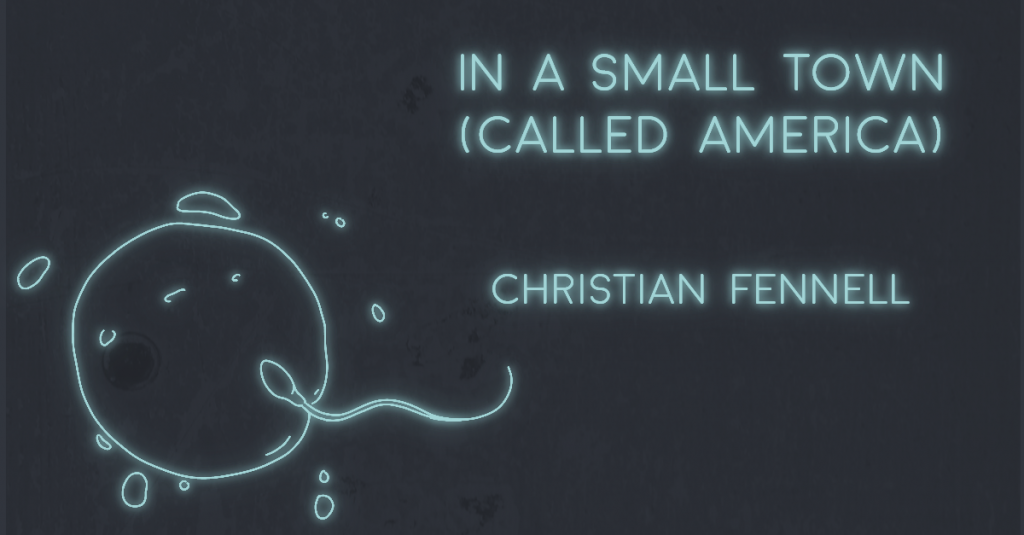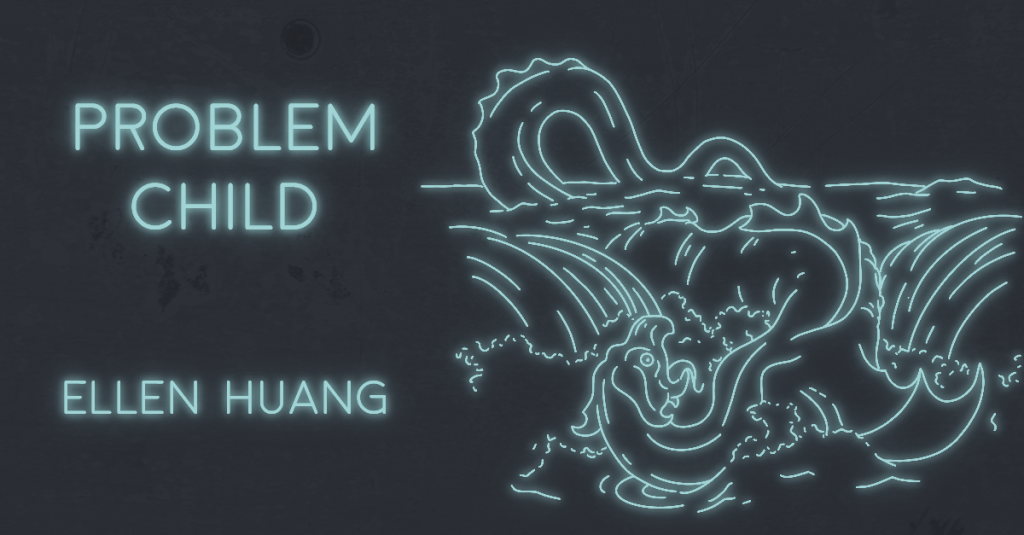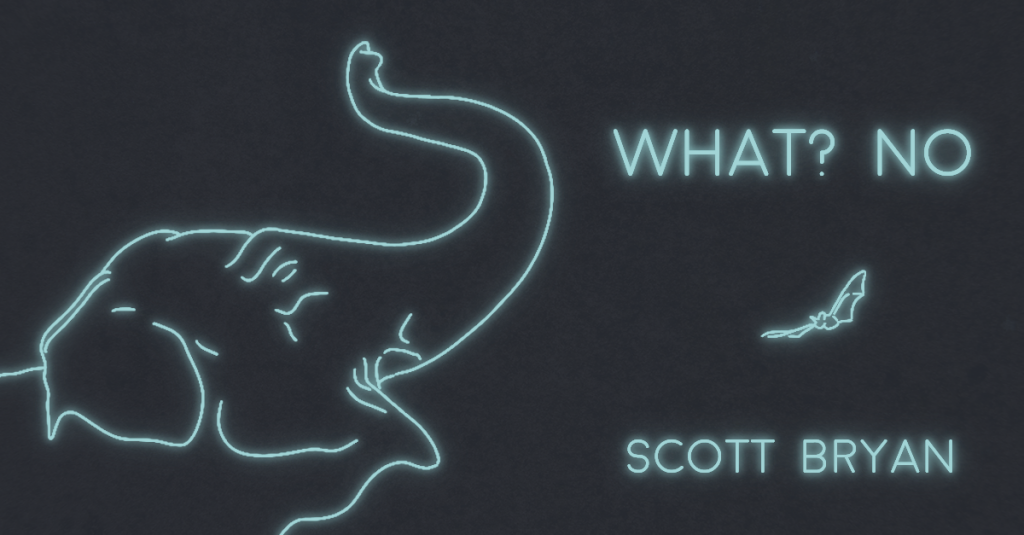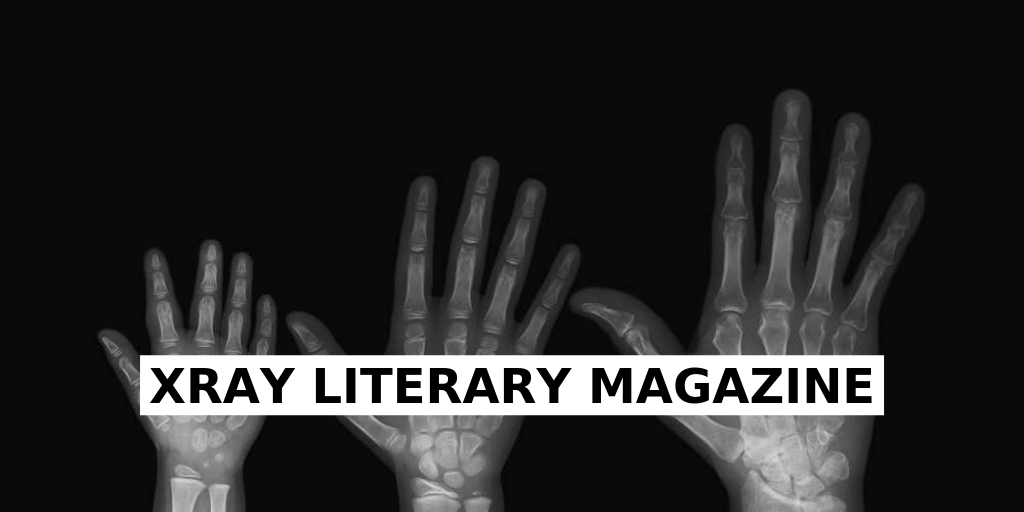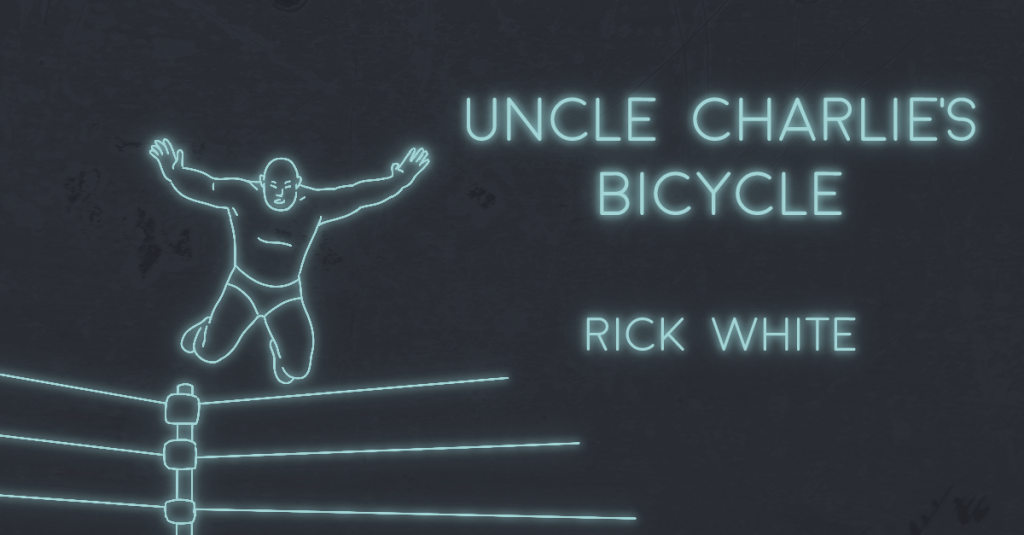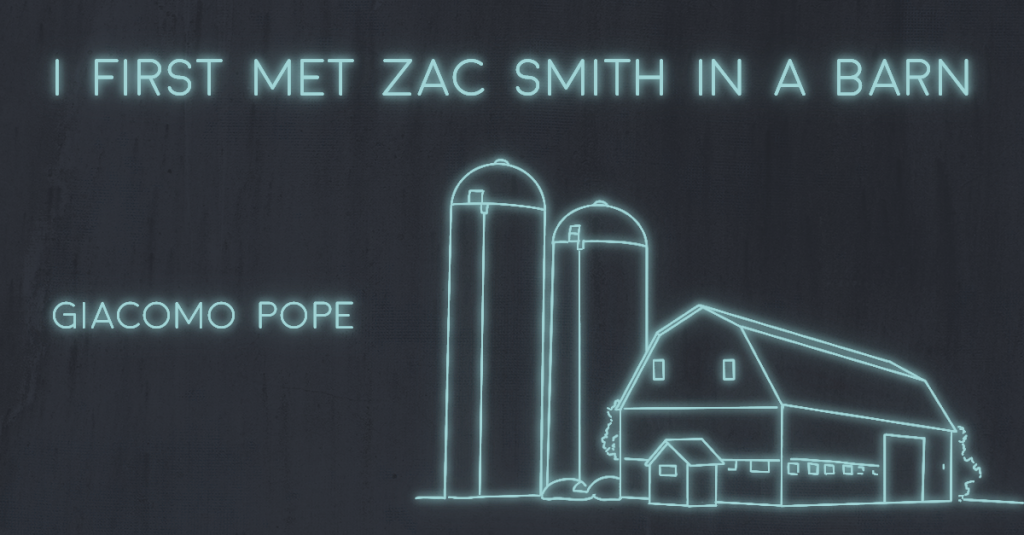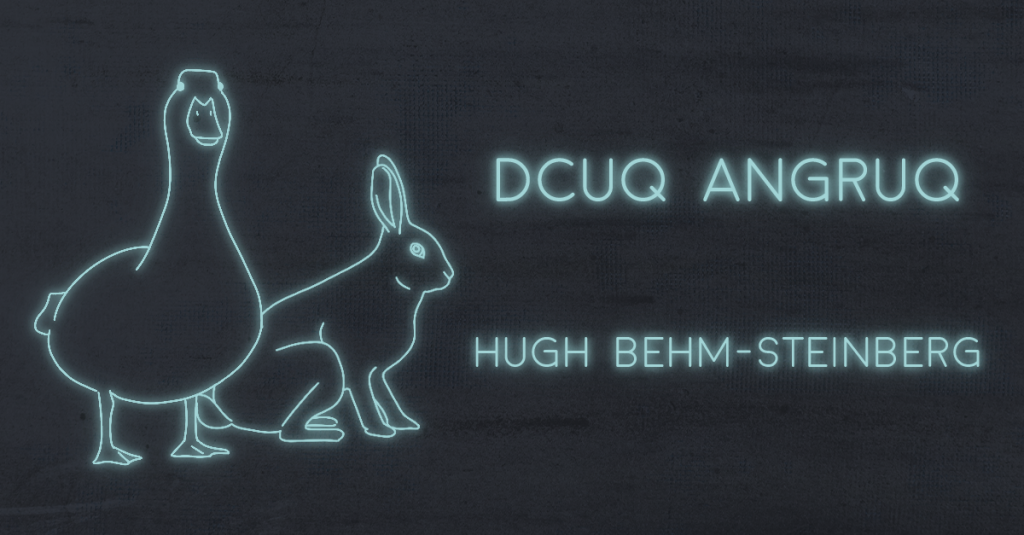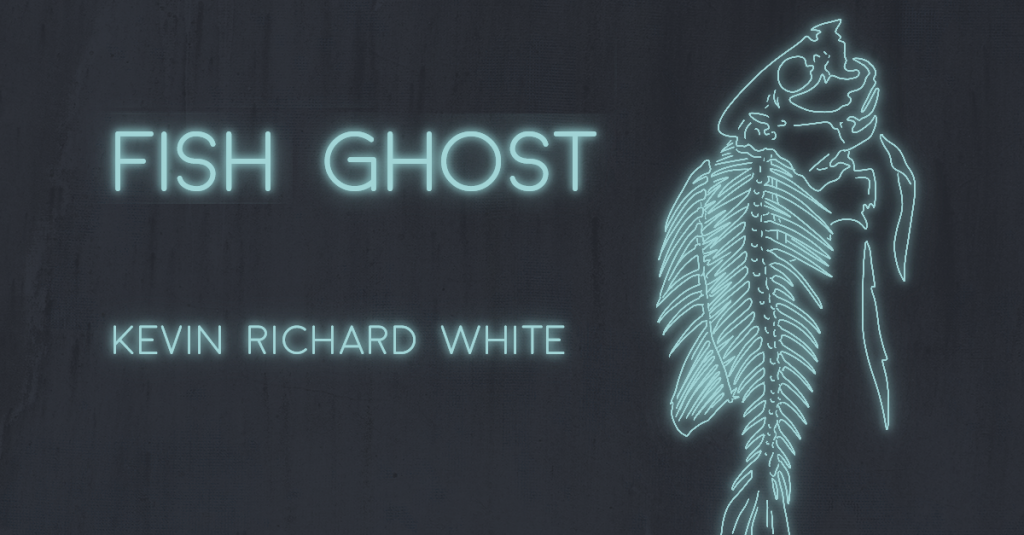
FISH GHOST by Kevin Richard White
My sister spoke of a fish ghost that occupies a nearby river. She raised her voice as if her sentences had a weight. But in reality, she’s timid. “It has bones and fins,” she said, “but it is poor at cutting through the water.” “Amanda,” I said as she swayed, a wind tearing through my hoodie that she always wore. “Something like an urban monster.” Her eyes widened. “Legend, you mean.” “Whatever.” It’s possible she’s correct. There’s always been rumblings from neighbors and lifers that there’s a creature existing in our milieu. Cameras mysteriously break when one gets close to…

